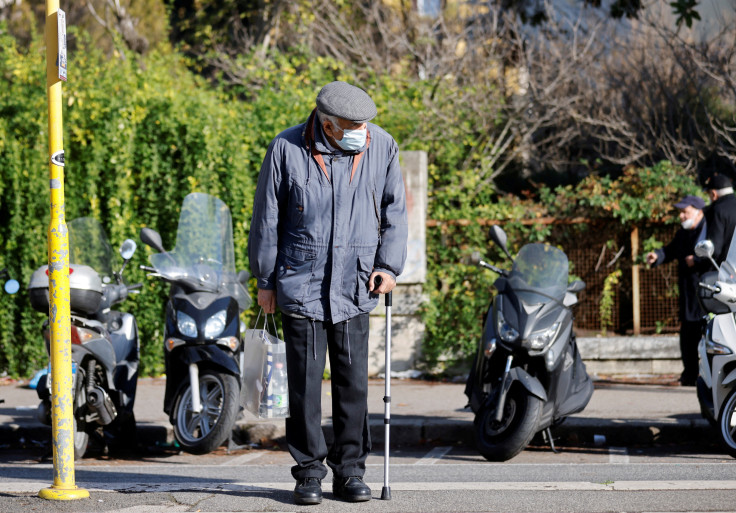Danish Mayors Revolt Against Plan To Raise Retirement Age To 70, Citing It's Cruel To Let Old People Continue Working
Mayors and unions argue the proposal fails to account for physically demanding jobs and regional disparities in life expectancy

A growing number of mayors across Denmark are pushing back against a government proposal to increase the national retirement age to 70 by 2040.
The change, aimed at ensuring economic sustainability amid an ageing population, has sparked fierce criticism from municipal leaders and labour unions.
What the Reform Means for Danish Workers
The new law links the retirement age to life expectancy. Under current projections, anyone born after 1970 will need to work until age 70 to receive full state pension benefits.
The policy builds on a 2006 agreement designed to support Denmark's welfare model by keeping more people in the workforce for longer. Yet critics argue it fails to account for those in physically demanding jobs, who may not be able to work into their late 60s.
Key figures:
- Current retirement age: 67
- Projected retirement age by 2040: 70
- Around 20% of Danish workers hold physically intensive jobs
'Raising the pension age sounds logical until you consider the people behind it,' said Jacob Bundsgaard, Mayor of Aarhus. 'This isn't just about numbers. It's about real lives, people whose bodies won't hold out another decade.'
Why Mayors Are Taking a Stand
Several mayors representing industrial regions say the law threatens to widen the gap between white- and blue-collar workers. They argue the legislation lacks flexibility for individuals in sectors such as construction, nursing, and sanitation.
'A one-size-fits-all approach will punish those who do the hardest work,' said Copenhagen's mayor in a recent interview. 'We need a retirement system that considers wear and tear.'
The Danish Association of Municipalities is calling for job-specific retirement schemes, allowing those in high-risk or labour-intensive professions to retire earlier without penalty.
Government Defends the Policy, but Compromise May Be Coming
Prime Minister Mette Frederiksen has defended the pension reform, saying it is necessary to keep the country's finances stable in the long term. At the same time, she has acknowledged that many people are worried about the changes. Because of this, she suggested that the government might review some parts of the reform to make sure it is fairer and helps reduce inequality.
On the other hand, business leaders and economic experts have warned against making the retirement age too flexible or disconnecting it from life expectancy. The Danish Chamber of Commerce, in particular, has said that changing this link could put extra pressure on the state's budget and reduce the number of workers available in the future.
This shows the challenge the government faces in balancing financial needs with the concerns of workers and the public
'It's a delicate balance,' said economist Lars Kjær. 'We need reforms that are both fair and financially responsible.'
What Happens Next?
With municipal elections approaching, there is growing pressure on lawmakers to review and possibly change the current retirement policy. More and more people are calling for retirement plans that better suit different types of jobs and individual needs. This support is especially strong among older workers and trade unions, who argue that the current system does not treat all workers fairly.
People like Hans Møller, a 59-year-old bricklayer, say the existing retirement rules feel unrealistic. 'I'm already in pain after a full week's work,' he told local media. 'I just don't see how I'll make it to 70.'
His story highlights the growing concern that people in physically demanding jobs may not be able to work until the state retirement age. Many believe that a more flexible system is needed, one that takes into account the type of work people do and the toll it takes on their bodies over time.
© Copyright IBTimes 2025. All rights reserved.





















